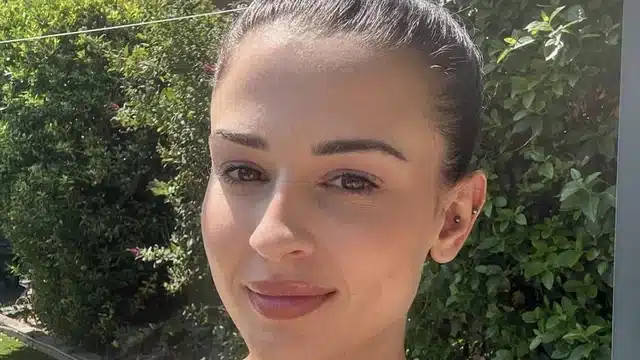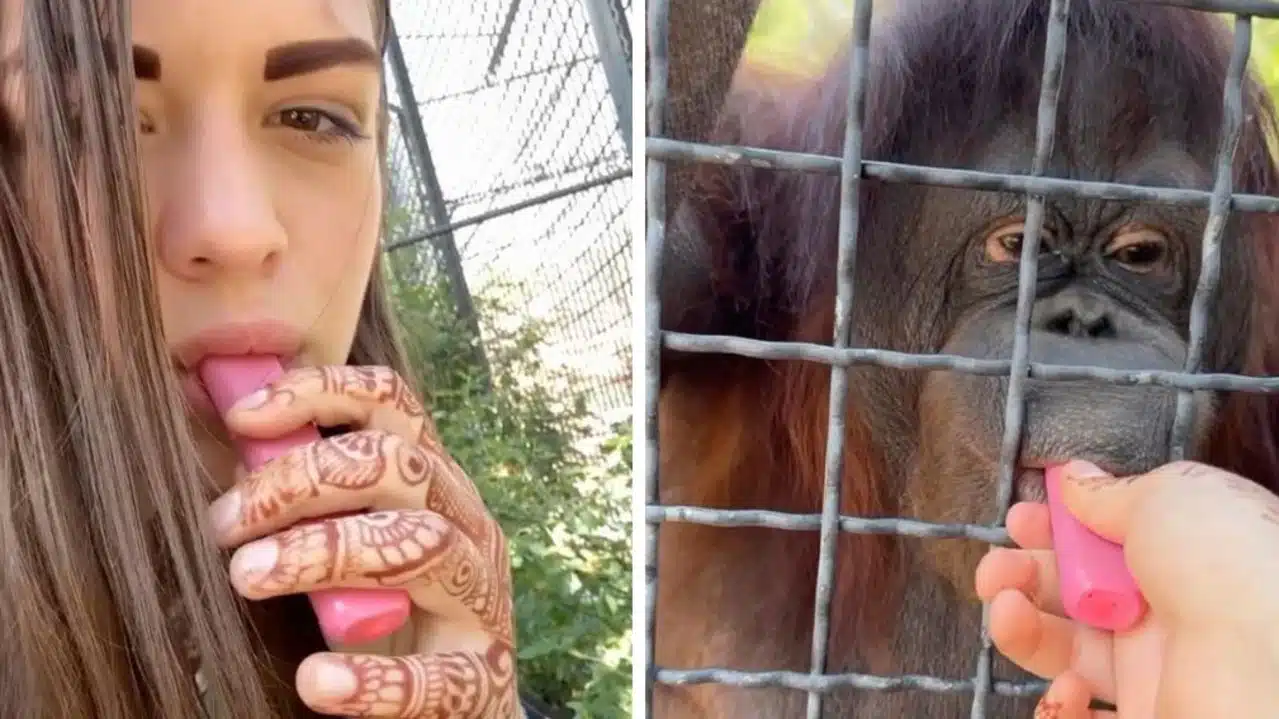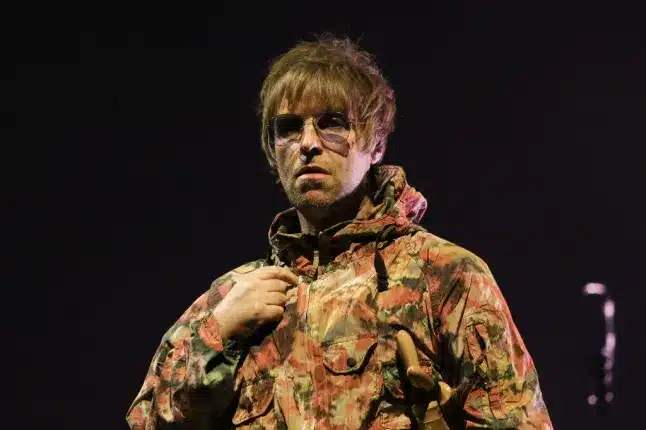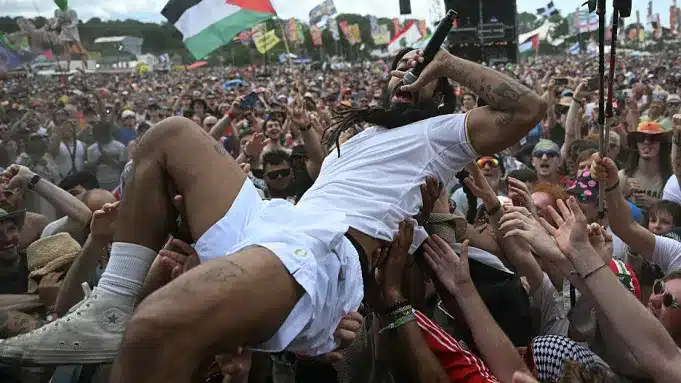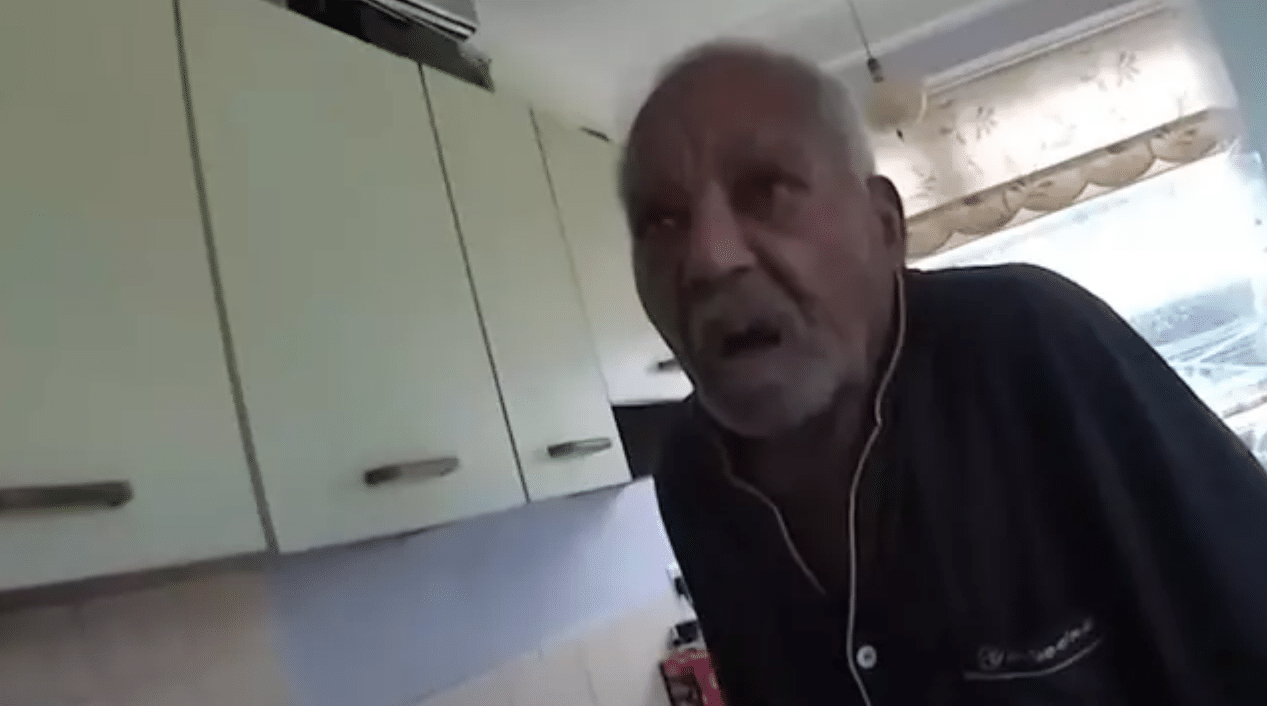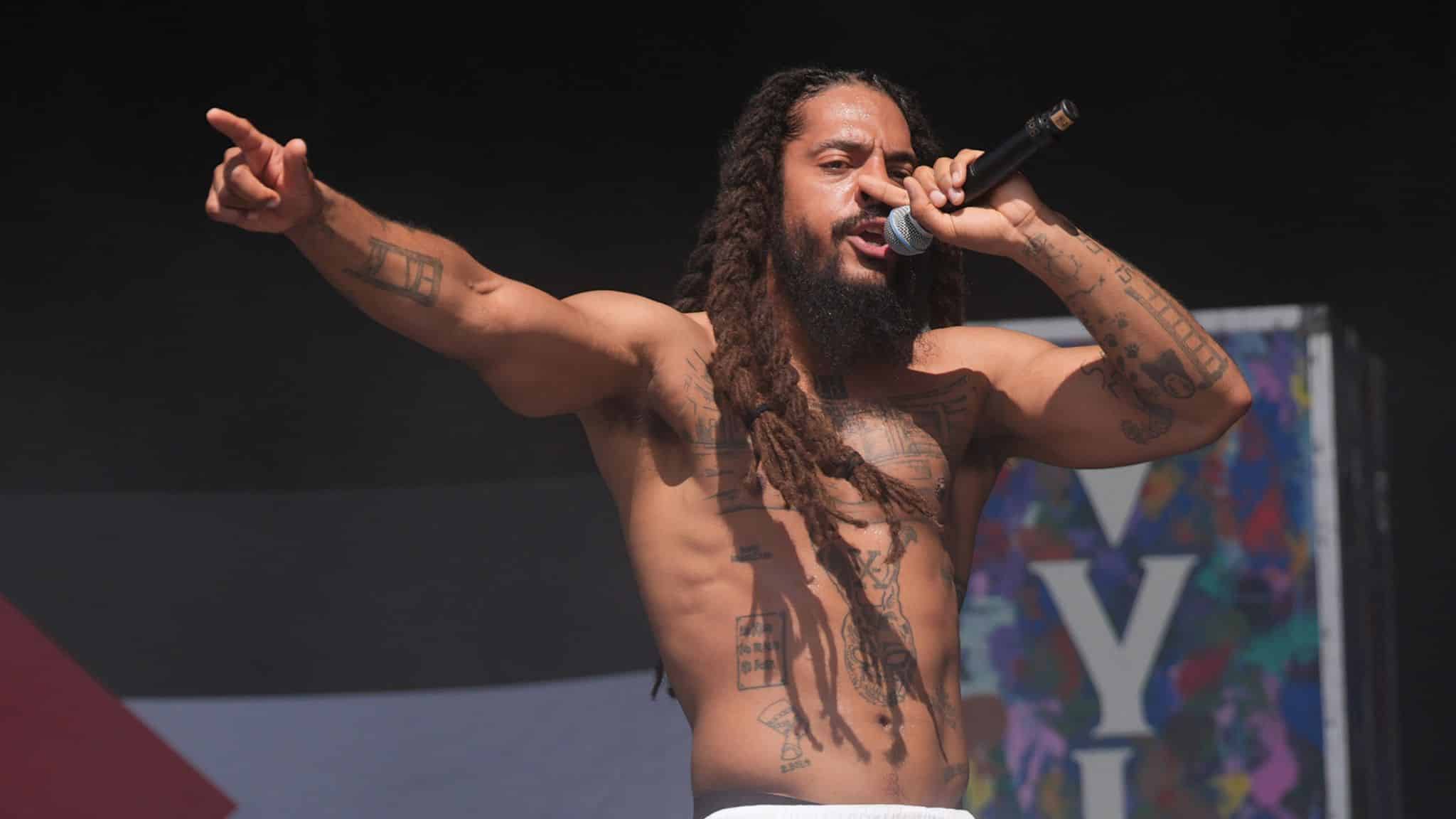Born in 1935, Don McCullin is one of the world’s most respected photojournalists. His career began in 1959 when one of his photographs of a London gang was published in The Observer. From then on he placed himself in the darkest of situations and the bleakest of arenas to take a snap shot of what was going on.
From the African AIDs epidemic and the Biafra war zone in 1968 to the conflict in Northern Ireland and the horror of Vietnam. McCullin was in the thick of it. He also found time to write a number of books including The Palestinians (with Jonathan Dimbleby, 1980), Beirut: A City in Crisis (1983), and Don McCullin in Africa (2005).
Anywhere that torment and poverty reigned, McCullin would be found with his camera in his hands. Much of what he filmed disturbed him and throughout his career he struggled with the guilt of photographing horrific scenes without being able to assist in any way:
I have been manipulated, and I have in turn manipulated others, by recording their response to suffering and misery. So there is guilt in every direction: guilt because I don’t practise religion, guilt because I was able to walk away, while this man was dying of starvation or being murdered by another man with a gun. And I am tired of guilt, tired of saying to myself: “I didn’t kill that man on that photograph, I didn’t starve that child.” That’s why I want to photograph landscapes and flowers. I am sentencing myself to peace.
Once you’ve had a look through the blackened images below you’ll see why a man might struggle with his thoughts:
(Use your arrow keys/slide on mobile to view the images.)
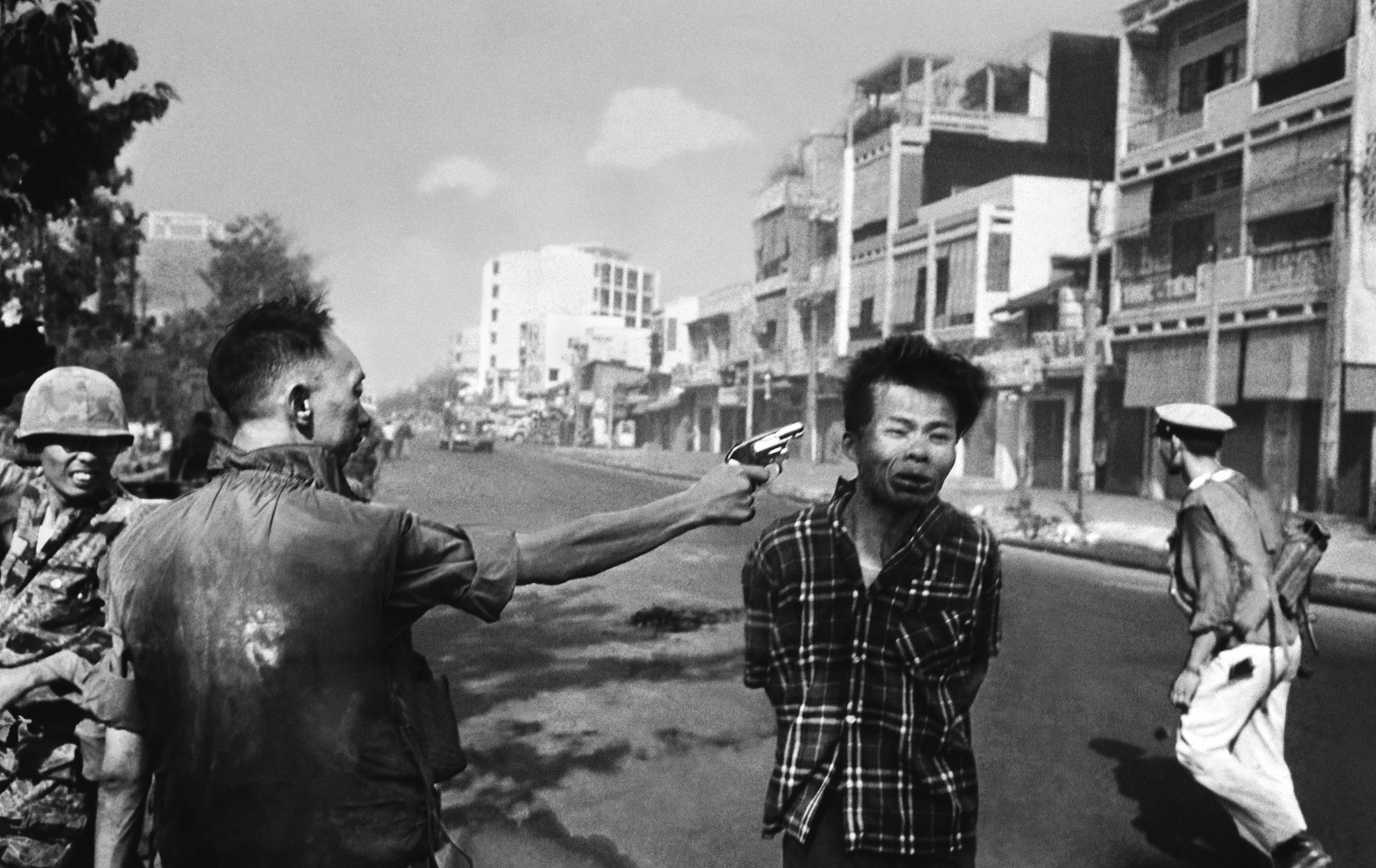
Image VIA

